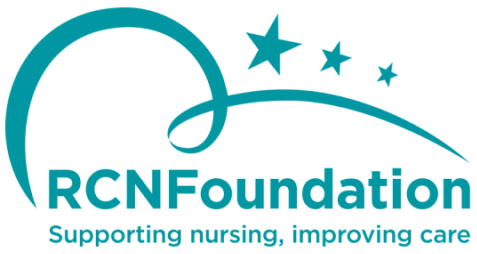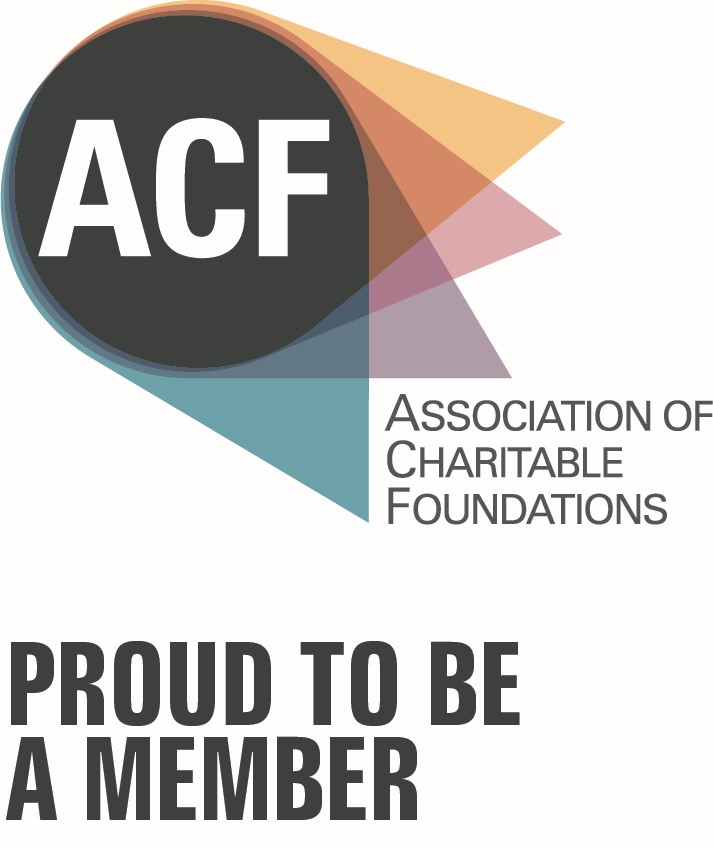Following compassion
[Authors] Dharaa Patel, Simon Newitt, and Sarah McGloin.
In 2020, during the Covid-19 pandemic, The King’s Fund published The courage of compassion (commissioned by the RCN Foundation). The report explored nurses and midwives’ experiences of leadership during the pandemic and set out the ABC framework of core work needs underpinning compassionate leadership.
Throughout 2023, The King’s Fund and RCN Foundation have been exploring how far compassionate leadership is embedded within contemporary nursing and midwifery in a project titled Follow Your Compassion. We heard about the everyday lived experiences of newly qualified and registered nurses and midwives in health care settings across the UK. This blog considers the learning from the project and the implications for the practice of nursing and midwifery, for its leadership and for the future of the health and care workforce more broadly.
"The NHS is run on people like us. But at what cost?"
Newly qualified midwife
There are many unheard and under-acknowledged voices and perspectives in the health and social care workforce, and they usually belong to those in the most junior, poorest-paid and precarious roles. These voices deserve much more attention than they get. The experiences of newly qualified and registered nurses and midwives are especially important given the current retention crisis in both professions.
Since spring 2023, we have been recruiting nurses and midwives who had qualified (or registered with the Nursing and Midwifery Council if they trained internationally) since 2020 to our project, Follow Your Compassion. Across a variety of settings, we wanted to encourage each participating nurse and midwife to describe both their work and their relationship to work. The sights, sounds, smells and rhythm of their shifts, and the thoughts, feelings and wants about work at the end of each day. Through the spring and summer, 24 newly qualified and registered nurses and midwives kept personal journals using words, audio, photography and video, powerfully bringing to life experiences of and perspectives on the health and care system that are rarely heard. It’s worth noting that, while all other fields of nursing and midwifery were represented, we were not able – despite our best efforts – to recruit anyone working in social care.
"When you start out it can feel like ‘trial by fire’. It’s like an initiation not an induction."
Newly qualified nurse
Perhaps unsurprisingly, while we did hear some positive experiences of training, management, culture and clinical practice, the overwhelming experiences of participants at work were of feeling unprepared, anxious, silenced and exhausted. They shared experiences of working within psychologically unsafe teams and departmental cultures, a chronic and pervasive fear of making a career-ending clinical mistake, uncompassionate management and everyday incivility.
The work nurses and midwives do is high stakes, with significant and disproportionate responsibility foisted on them almost immediately after qualifying. The pay and conditions, relative to these stakes, are poor. Life, death and human suffering are everyday encounters in these professions, and the work of caregiving – even without the workplace context described – is emotionally demanding. It’s also important to note the demographic profile and inequity baked into the newly qualified nursing and midwifery workforce; most are young women. In addition, those who trained internationally but are new to the UK health and care system, are navigating a whole new way of life as well as culture of care.
"The reason for leaving my first place of work was that I was not being supported… It is hard to put the situation down in writing because of the fear that the management may see it as an attack on them."
Newly qualified nurse
What do these experiences have to teach us about the state of the nursing and midwifery workforce, and the future of these professions? When we spoke with managers and leaders of nurses and midwives to explore this, one thing became very clear – none of this is new. Most managers and leaders described similar experiences and feelings in their own memories of being newly qualified, stretching back more than 30 years in some cases. Many continue to experience feelings of anxiety, fear and being overwhelmed even in more senior roles, squeezed as they are by the priorities of strategic leaders and the realities and needs of those working directly with patients. A few managers even suggested these experiences and feelings are inevitable and perhaps even necessary to help ‘weed out’ the best practitioners, and that the sensitivities of those complaining about them today are indicative of a generational lack of resilience.
But newly qualified nurses and midwives experience these attitudes, cultures and behaviours, not only from managers, but also from peers only a few months further into their working life. And the cultural transmission of these norms, attitudes and behaviours is concerning. Because while we heard managers and leaders defend the various support structures and processes in place for newly qualified staff inside their organisations, it was clear to us that without both the right cultural conditions and structural arrangements, the experience of newly qualified and registered staff, (and therefore the issues around retention) won’t improve. There is a symbiotic relationship between team culture and formal support offers like preceptorship; neither will make any real progress in improving workplace experiences without the other, and yet too often the cultural aspect of this is left unattended.
The adverse implications of working cultures characterised by fear, anxiety and incivility on staff wellbeing are obvious. But we also heard that the actual practice of both nursing and midwifery is being reduced to a series of transactional tasks devoid of the caregiving purpose that keeps people in these professions, often despite wider workplace challenges. In addition, the world of work is changing, and younger members of the workforce may have different tolerances for terms and conditions that can be easily bettered elsewhere in the labour market, creating a perfect storm in the health and care workforce. This is all in the context of health and social care system filled with various post-Covid-19 pandemic human and operational legacies, industrial action, and a spiralling cost-of-living crisis that hits newly qualified staff hardest.
The gap between the ambition for compassionate, inclusive leadership and support for staff, and the real-world experience of newly qualified staff is not so much a gap as a chasm. Leaders must find ways to actively listen and attend to the lived experience of newly qualified and registered staff, while being mindful not to use their own early career experiences as a benchmark for the legitimacy of these experiences and the feelings they inspire. Creating a false dichotomy between the needs of a service and the needs of newly qualified and registered staff is misguided; the needs of staff are the needs of a service if it is to provide high-quality care.







